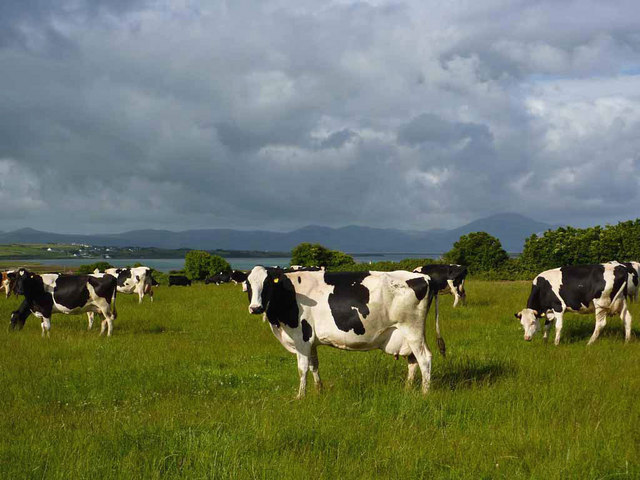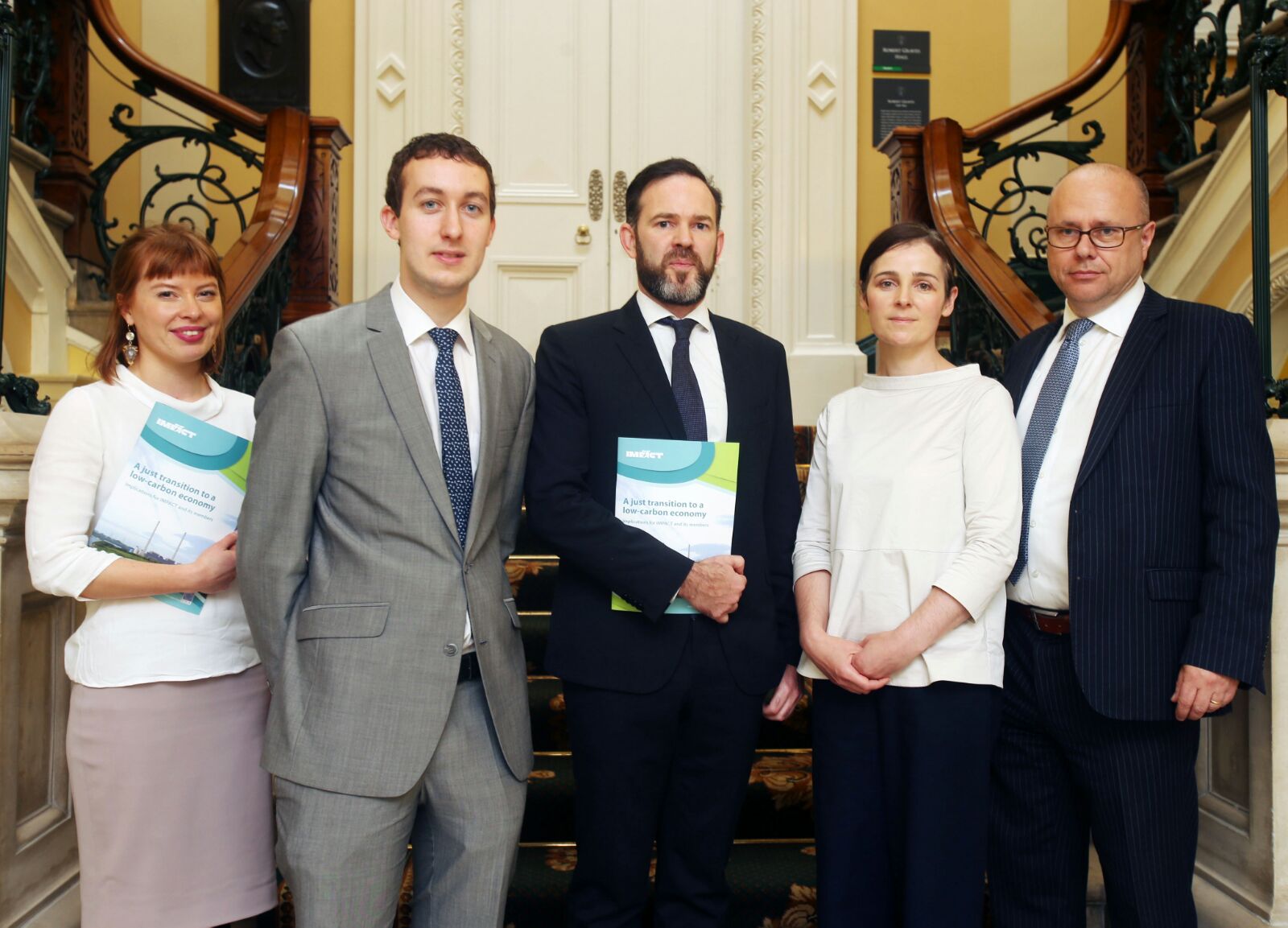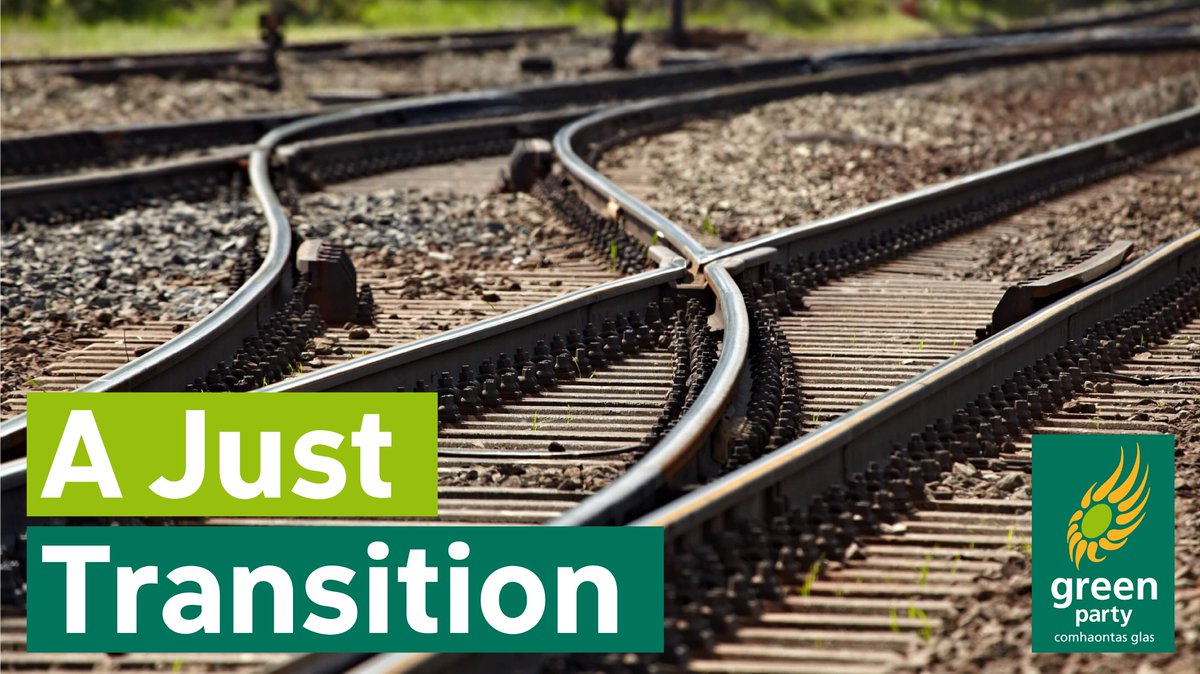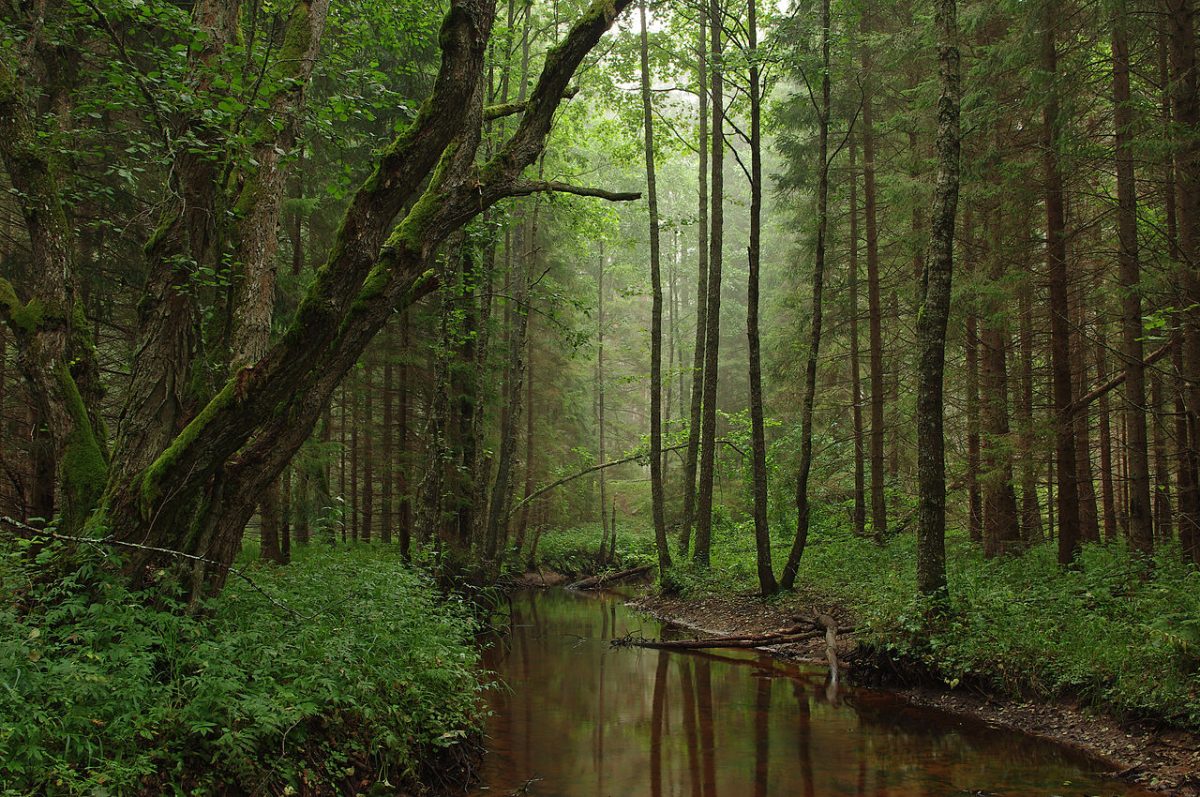Eco-friendly payments for farms key to climate action

April 12th, 2019
The State must respond to the existential threat of climate change by ramping up support for on-farm environmental services, the leader of the Green Party has said.
Speaking at an Oireachtas committee hearing on the future of the Irish beef industry this week, Eamon Ryan said that payments to farmers’ must radically change to reward work to improve “water quality, biodiversity protection and good [product] quality”.
He said that by incentivising farmers to practice eco-friendly meat and dairy production, the industry would attract consumers’ support. A focus on good quality produce will allow the sector to charge “premium prices”, he added.
According to the agri-research body Teagasc, only 25
Teagasc has also found that nearly 40
“I think the climate way is the way for getting out of this difficulty by getting consumers on your side,”
If such policy would be adopted, Mr Ryan said that the beef industry would have the Green Party’s support which it lacks with the “the current system”.
Agriculture is the largest contributor to Irish greenhouse gas emissions, with 33
Almost all of Ireland’s ammonia emissions also come from animal waste and the spreading of synthetic
Ireland’s ammonia emissions have increased since 2011 and were 0.6 per cent above the 2010 National Emissions Ceiling of 116,000 tonnes in 2016.
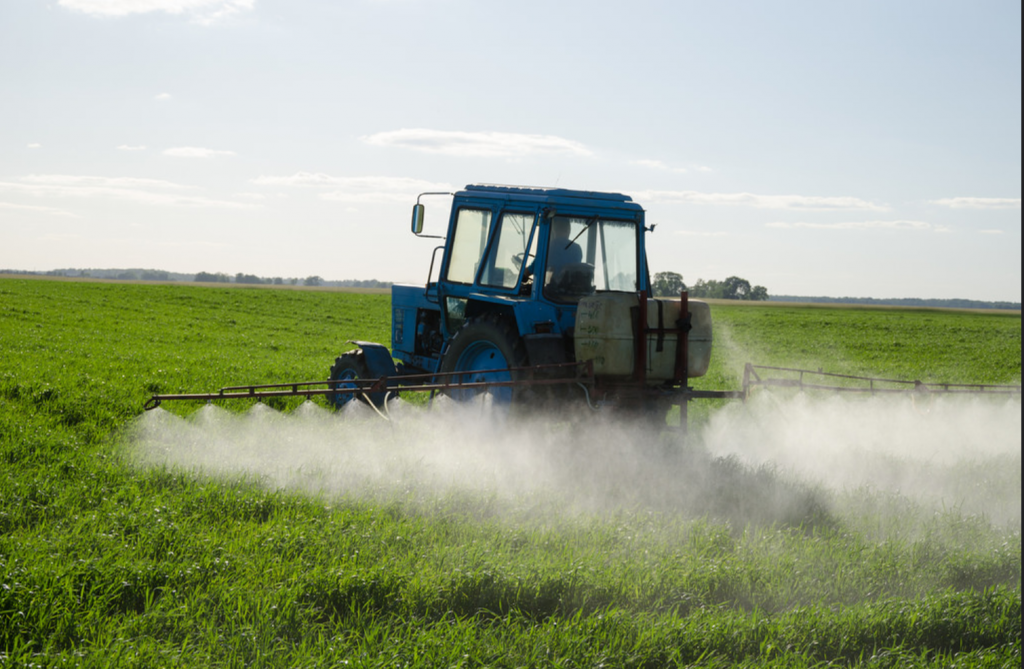
‘Greenwashing’ on climate impact
Representatives from Irish Farmers’ Association (IFA) and environmental group An Taisce were questioned at the hearing.
Accusing the Irish beef industry of “greenwashing” about its environmental and climate impact,
“As has been shown by the fossil fuel car industry, it is too often regrettably in the nature of any business lobby to put its own short-term consideration over the public interest,” he said. “This applies to food production as much as energy.”
President of the IFA Joe Healy, however, told the meeting that the Irish agriculture sector is one of the eco-friendliest industries in the EU.
He said that the concerns about emissions lack an EU-wide insight, stating that we need to “compare” Irish agriculture emissions to the rest of Europe before
“We’re the most carbon-efficient producers of dairy product in Europe, and we are in the top five beef,” he said.
Mr Healy added that the sector already has the support of consumers and environmental policy can only be enforced by the State. “We already have called on the Taoiseach to lead a whole Government approach in the area of renewables,” he said.
A recent study from the Wageningen University in the Netherlands found that Irish greenhouse gas emissions per kilo of milk are the fourth highest in the EU.
In addition, a new report from Teagasc indicates that it will be very difficult to reduce emissions levels while also increasing food production, particularly in the dairy sector.
The average dairy farm emitted 502.5 tonnes of GHG emissions in 2017 compared to figures well under 150 tonnes for the average cattle, sheep and tillage farm.
“Dairy emissions are a function of greater stocking rates, more energy intensive diets for dairy cows and more use of chemical fertilisers than the other livestock systems,” the Teagasc report states.
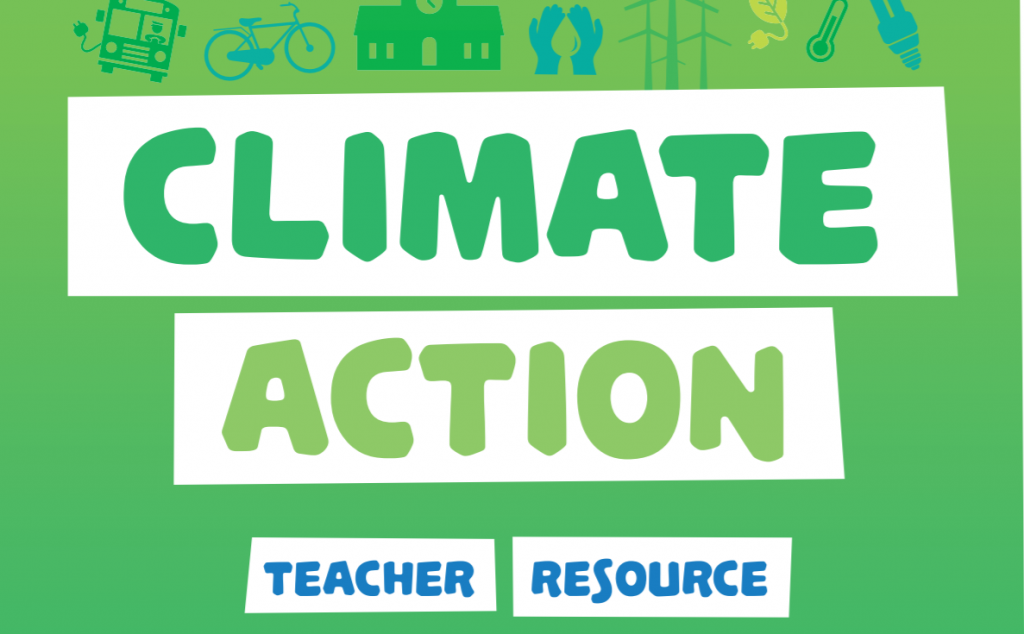
School booklet debate
Last week, the IFA rebuked an educational guide issued by An Taisce that briefly includes a suggestion on cutting down meat consumption for Irish schoolchildren via a “meatless Monday” model.
The IFA said that the suggestion was “completely hysterical” and fell outside the environmental group’s ambit of authority.
Responding to the IFA’s accusations, John Gibbons, An Taisce’s climate change spokesperson told The Irish Times that a suggestion on balancing children’s diet is not a threat to the agriculture sector.
“The suggestion that balancing our diet to a more healthy level with vegetarian foods represents some existential threat to farming is nonsensical, it’s a hysterical reaction,” he said.
Mr Gibbons added that the document also advised on cycling to school for physical and environmental health with no objections arising from the car industry.
The document was discussed at the committee hearing with An Taisce’s Charles Stanley Smith defending the charity’s educational and environmental recommendations as vital for schoolchildren.
“It’s a discussion document, young people today know more about climate change than any others,” he said.
“They are well aware of the effects of climate change on their future, and we have to promote mechanisms whereby they can save their own future because we made an appalling job of doing it.”
[x_author title=”About the Author”]

